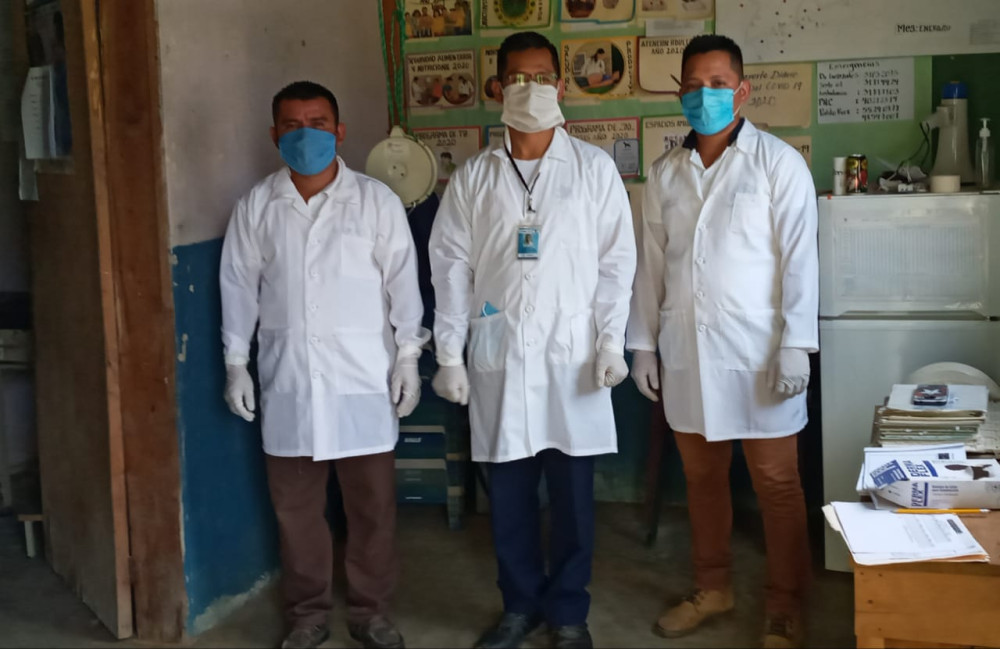In 2021, COVID-19 cases in Guatemala reached record numbers, especially in vulnerable remote Indigenous communities. Deployment of the COVID-19 vaccine has been slow, and in some instances has been met with considerable - and occasionally violent - resistance, leaving more than 60% of Guatemalans without even one dose. To make matters worse, Guatemala was hit by two back-to-back record-breaking storms causing widespread destruction and loss of life. Together, these events have made it difficult for frontline health workers to deliver basic essential health services, such as child nutrition monitoring, and have disrupted the financial stability of households in rural communities. This situation threatens to rollback decades of progress in sexual and reproductive health - especially amongst adolescents - and child malnutrition.
January 17th, 2022
Reflecting on 2021 and What's Next in 2022

Despite substantial challenges in 2021, Tula continued to strengthen its support for frontline health workers dedicated to providing life-saving health services in their communities. At the request of the Ministry of Health (MOH) in Guatemala, Tula’s technical team were able to quickly optimize its digital health system to respond to COVID-19 and to support the ongoing vaccination campaign. More than 4,300 health personnel and frontline health workers equipped with Tula’s digital health system are now using their smartphones to access immediate COVID-19 ‘micro-training’ via WhatsApp, coordinate the treatment of patients, register COVID-19 patient cases, and conduct ‘real-time’ community surveillance of COVID-19 outbreaks. Since 2020, health workers have registered more than 132,000 COVID-19 consultations and nearly 50,000 confirmed, suspected, or contacted COVID-19 cases. We also continued to work alongside the Pan American Health Organization (PAHO) and the Indigenous and Intercultural Health Unit in Guatemala to ensure that COVID-19 services respond to the unique needs of remote and Indigenous communities.
In 2022, we aim to reduce COVID-19 related mortality and morbidity in Guatemala, especially amongst marginalized and/or vulnerable Indigenous populations, by working with the MOH to 1) Deliver important COVID-19-related training to frontline health workers; 2) Maintain critical health services for marginalized populations, including women, girls, and Indigenous people; 3) Reduce COVID-19 vaccine hesitancy; and 4) Conduct ‘real-time’ surveillance of COVID-19 outbreaks in communities. In 2022, we look forward to continuing our work with local and global partners to support frontline health workers in the fight against COVID-19, and contribute to global health equity and the reduction of poverty in rural communities.


